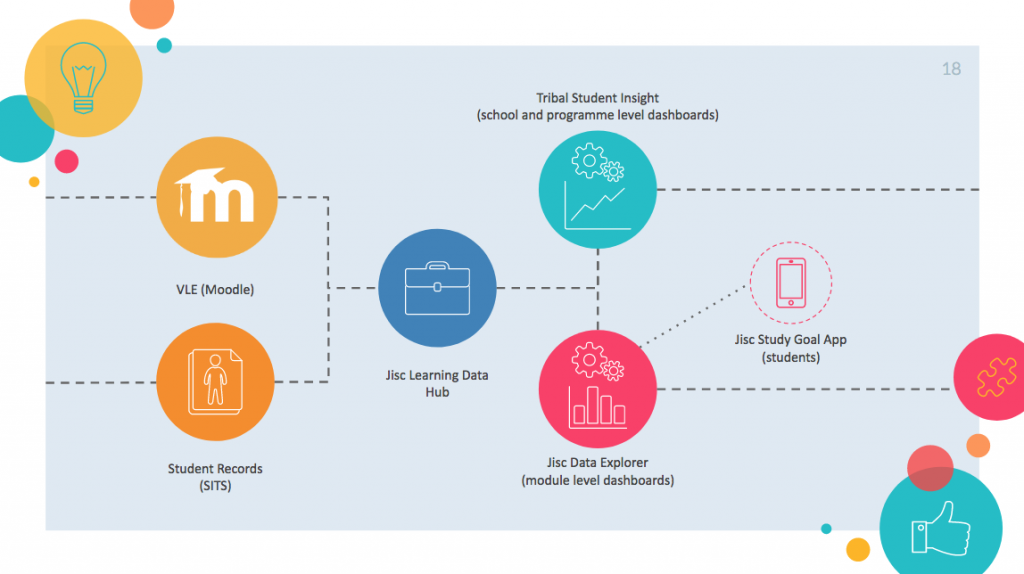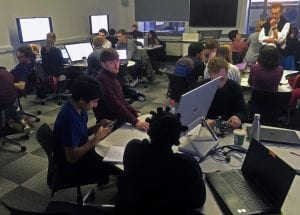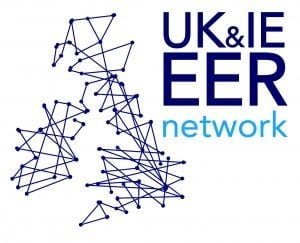
To be honest, my interest in attending the IEEE EDUCON2024 conference in mid-May was definitely heightened by its location on the Dodecanese island of Kos. Though I took some extra holiday with my partner to enjoy this small Greek island, the commitment to attending and presenting at the 4-day conference (which hosted over 400 people from across the world) was still very daunting. What’s more, I was the only researcher attending from Bristol.
This was my first conference since beginning my PhD, and I was to present a co-authored paper about evaluating the Student EERG with Becky Selwyn. I was apprehensive to say the least; I didn’t know of anyone else who was attending. The presentations on the first two days related less to my teaching and research than I had anticipated, so it was a challenge to engage with other presenters by asking questions about their work. I felt a little lost on the first couple of days, but assured myself that I would “find an in” to connect with someone properly.
When I found among the presenters listed in the conference app the name of a co-author for another conference proposal I recently submitted, I was delighted and relieved. A tentative email asking whether I could introduce myself in-person was sent. They near-instantly replied with “Yes, let’s meet. Shall we say (during the coffee break), next to the IEEE Education Society booth?”.

Introductions with their contacts and friends snowballed from there. I worked up to courage to be more open, reciting my new line “what’s your area of expertise?” to make acquaintances at almost every opportunity. And, over the next two days, I grew more confident to engage in deeper conversations about my own teaching and research with others.
By the end of the final day, I had been invited to at least two other conferences, enthusiastically asked to collaborate on projects about student research, and had made a plethora of new contacts who were keen to keep in touch. While networking itself lies very much within my comfort zone, the uncertainty of whether other attendees would be keen to connect with me – especially as someone new to the field – made me a little unsure of myself. Trying and succeeding to network on my own has built up my confidence much more, and I am very excited to see some of these new connections at other conferences in the future.








